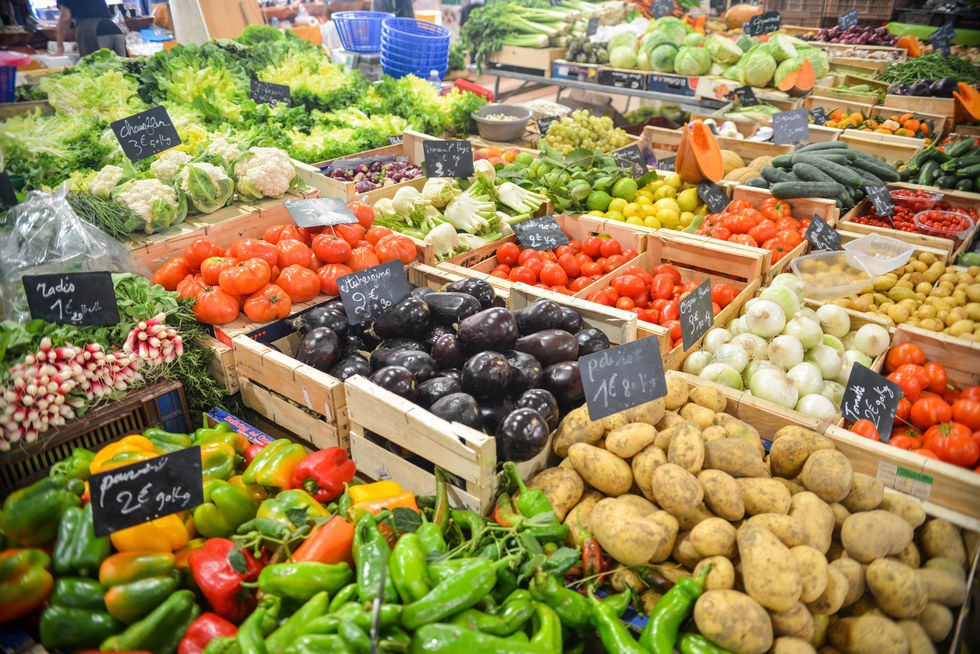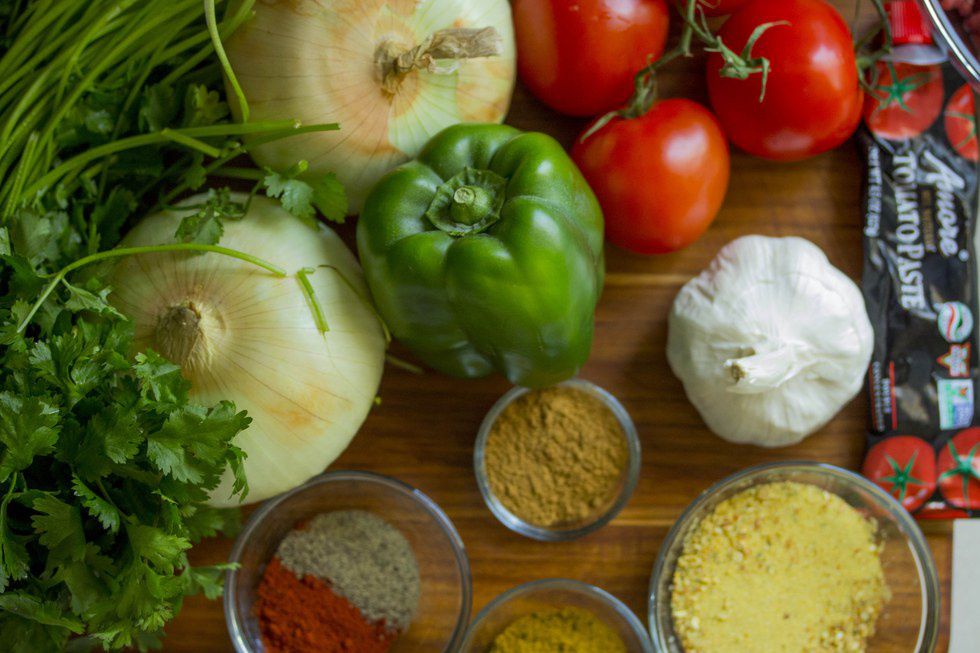As I was scrolling through Facebook the other day, I found a short video compilation put together by ATTN: bringing attention to a call to action to demand that the USDA let people use their food stamps online.
Why?
Recommended for you
Because in most parts of the United States, access to healthy food is a privilege.
I grew up in a small rural town in Upstate New York. As a kid, my family would drive half an hour some weeks to buy groceries from the WalMart in the next town over. When WalMart came to town, everything changed. Food became affordable and easily accessible. As a result, however, I watched Main Street and small family owned businesses dry up under the corporate competition, but quality of life overall improved for my town.
I will never forget, during my first real “away from home” experience at an art summer camp in high school, the field trip I took with my group to a local WalMart. We were supposed to be going to purchase any odd-ends we had left behind at home. Instead, I watched girls gallop around the store, piling items into a shopping cart at random, laughing hysterically at how gross the place was, and making light of just cheap everything was. Even my good friends kept up a steady commentary of how they had never set foot in a WalMart before, and never would after this.
“The corporation is pure evil,” they said, and went on the share horror stories they had heard from friends involving the “colorful clientele” that frequent WalMarts.
I didn’t know what to say. The truth is, while I grew up comparing price stickers by pound and counting out coupons, I come from a middle-class family, and I’ve never been left wanting for anything.
But I had grown up with best friends who lived in trailer parks and shared apartments, mobile homes and government housing. Many of them lived off of food stamps, or just the school lunches.
The fact is, in low-income areas, food is not readily accessible or affordable. And there isn’t any “healthy” food to speak of. Most families I grew up with lived on a diet of General Mills cereals, instant ramen, and liters of carbonated soda. Why? It’s what they can afford. Our current economy makes processed foods easier to buy cheaply and in bulk. When compared with the limited selection of fresh produce to be found in WalMarts or convenience stores (which spoil easily, and often result in food portions to small to feed a large family), low-income families are more likely to go with the unhealthy option.
When I try to talk to this about people now, as a young adult, I get shut down. “But if they’re living in a rural area, why don’t they just grow their own garden?” Or, “You don’t understand, eventually buying produce becomes cost effective.”
There’s almost no attempt at empathy towards understanding what it requires to sustain a low-income household.
This solution, being publicized by ATTN:, is one of the first suggestions I’ve seen regarding improving problems of diet and obesity in impoverished areas.
If towns and cities like mine or others, with limited access to stores which provide fresh produce, could use their food stamps to shop for food online, everything would change. Eating healthy would finally become not only accessible to these people, but convenient.
No one deserves to be denied the right to a high quality of life. Access to healthy food should not be a privilege.
But it is.
You can help by signing the petition to demand that the USDA let people use their food stamps online here.



















